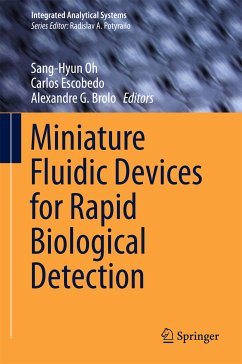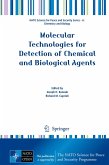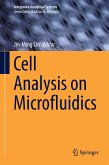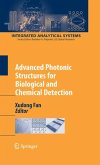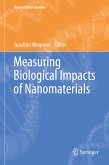A key challenge in the field of bioanalytical sensors is the rapid delivery of target biomolecules to the sensing surface. While various nanostructures have shown great promise in sensitive detection, diffusion-limited binding of analyte molecules remains a fundamental problem. Recently, many researchers h
ave put forward novel schemes to overcome this challenge, such as nanopore channels, electrokinetics, and dielectrophoresis, to name but a few. This book provides the readers an up-to-date account on these technological advances.
Dieser Download kann aus rechtlichen Gründen nur mit Rechnungsadresse in A, B, BG, CY, CZ, D, DK, EW, E, FIN, F, GR, HR, H, IRL, I, LT, L, LR, M, NL, PL, P, R, S, SLO, SK ausgeliefert werden.

